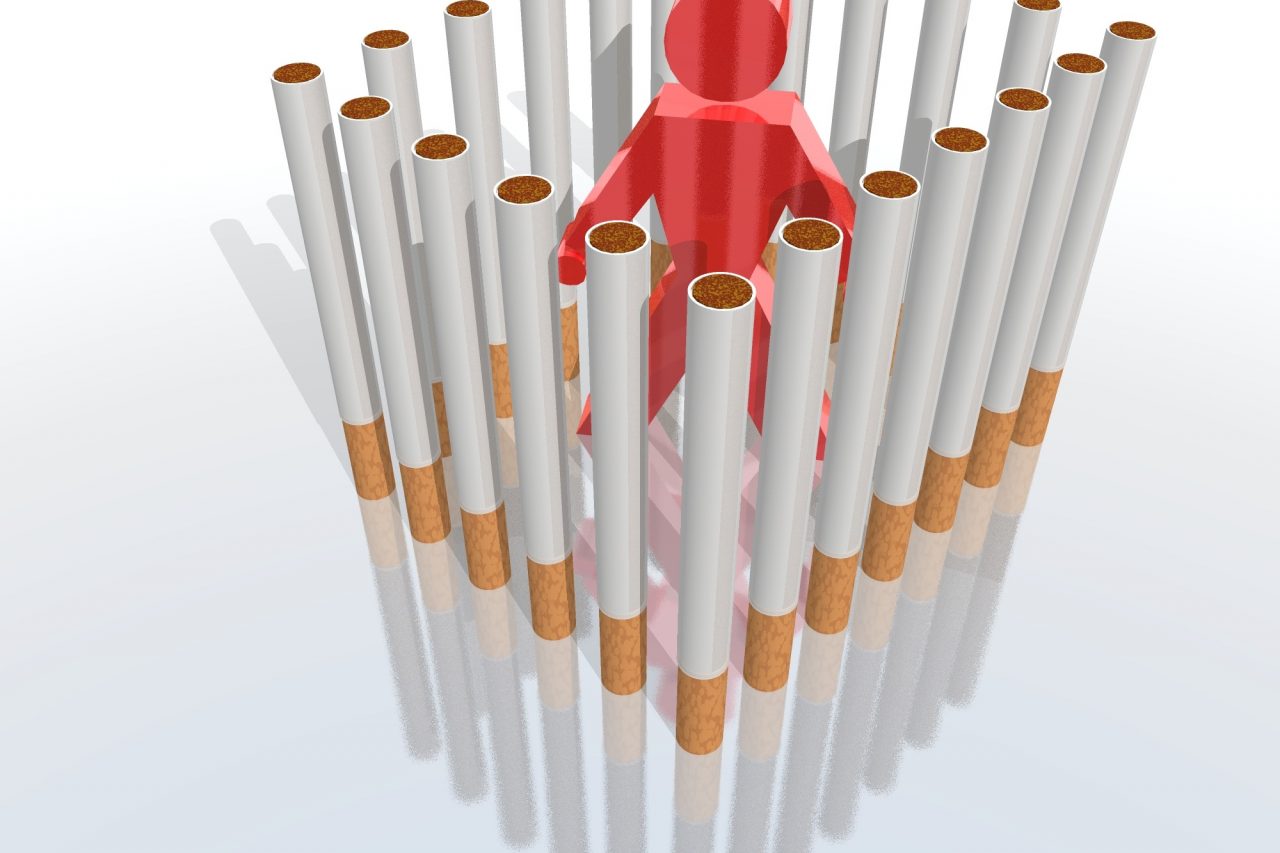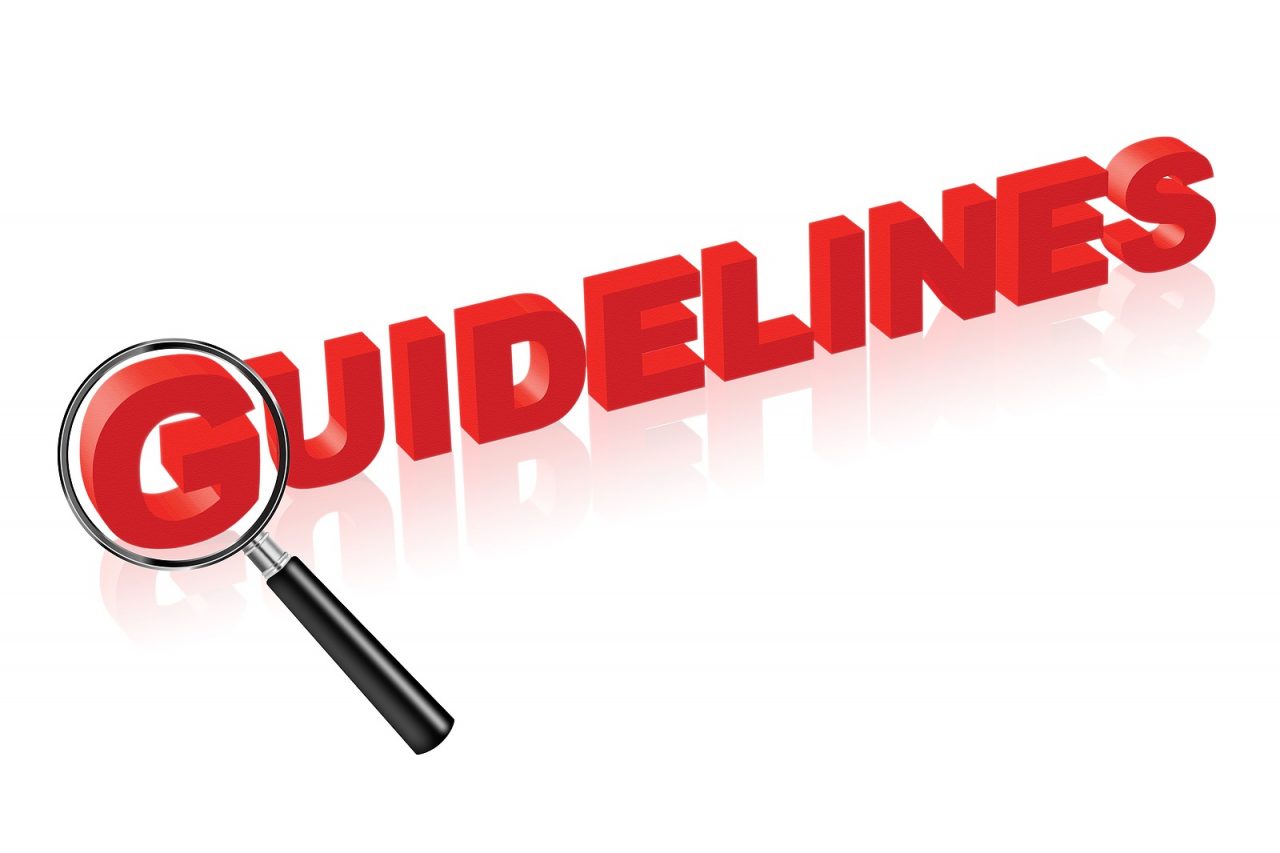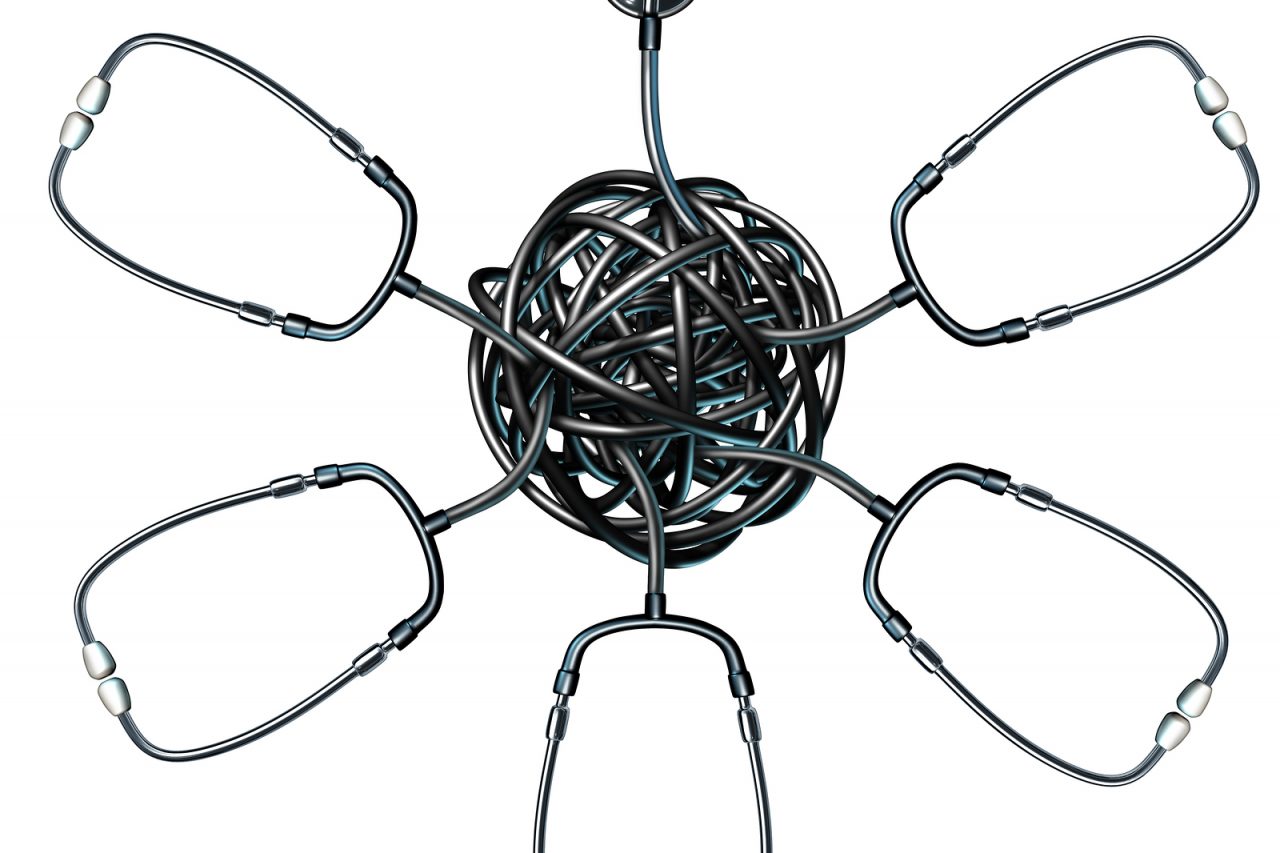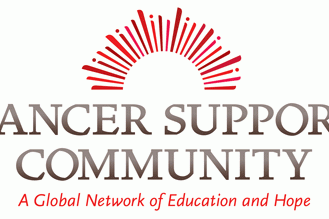I had a patient this week that really screwed up his medical care when he experienced a predicted side effect of curative chemotherapy. Despite clear instructions and access to every number my partners, my staff and I have, including office, triage, cell, and answering service, he did not reach out. Day-by-day he lay in bed, as he grew weaker and multiple systems failed. No one contacted me. Finally, he sent an email to a doctor 3000 miles away, in California. That doc forwarded the email to me. I sent the patient to the hospital.
Did we rush to the emergency room, to salvage his life? Of course. Were there innumerable tests, complex treatments, multiple consults and an ICU admission? You bet. Did I patiently explain to him what was happening? Yes. Did I look him in the eye and tell him that I was upset, that he had neglected his own care by not reaching out and in doing so he violated the basic tenants of a relationship which said that he was the patient and I was the doctor? Did I remind him what I expect from him and what he can expect from me? You better believe it, I was really pissed!
The practice of medicine for most doctors is fueled by a passion to help our fellowman. This is not a vague, misty, group hug sort of passion. This is a tear-down-the-walls and go-to-war passion. We do not do this for money, fame, power or babes; we do this because we care. Without an overwhelming desire to treat, cure and alleviate suffering, it would not be possible to walk into an oncology practice each morning. Therefore, just as we expect a lot of ourselves, we darn well expect a lot out of our patients.
I know that patient autonomy gives each person the right to decide what path they wish to walk. I really understand, after 27 years in practice, that not everyone is going to listen to me and that I occasionally fail or am wrong. I welcome a healthy debate and ongoing interaction about decisions. In the end, the patient is in charge and I am just the guide. That does not mean that I am not going to try to do the best for every patient and that certainly does not mean I do not care.
Often when a patient makes poor and arbitrary changes in medical care, it reflects denial and an attempt to maintain control. These are critical needs and must be respected. However, there is a line which if patient or doctor cross, tragic, unnecessary things occur. The dread disease gives not quarter, even if I am tired, distracted, depressed or ignorant. Cancer demands my complete commitment to its destruction. It demands the same focus on battle from patients.
Therefore, when patients stray without good reason, I get anxious. When they make bad decisions I get upset. When they needlessly modify treatment, my head begins to spin. When patients yell at my staff, while I understand their stress, I worry they will undermine their care. And because this is oncology and because the stakes are so high, in the most direct and supportive manner, I will let the patient know.
I think one of the differences between young doctors and us old salts, is we how express such anger. Newer docs are full of fresh vim-and-vinegar passion and so upset by the harm that is about to occur, that they raise their voices and may berate their patients. Senior docs know, because they have fallen into the losing-your-temper trap, that this backfires. Patients, already under stress, cannot cope with a shouting off-the-wall physician. Experienced voices instead drop, words slow and we sit down on the bed and touch a hand, rather than pace and punch the wall. Do not mistake controlled continence for calm or uncaring; inside we are seething, fuming, on fire. I tell you, until the day we die, we really get pissed!
Beating difficult disease involves an unwritten contract between patient and doctor. Each has their role, and the patient has much more to lose by violating that agreement. If you do not like the treatment, make a change. Let the doctor know, negotiate a new plan, change caregivers if you need. But, once you set that plan, once the two of you decide on the steps to be taken, it is up to you and your doctor to each do their jobs. Cancer cannot be beaten any other way.







34 Comments